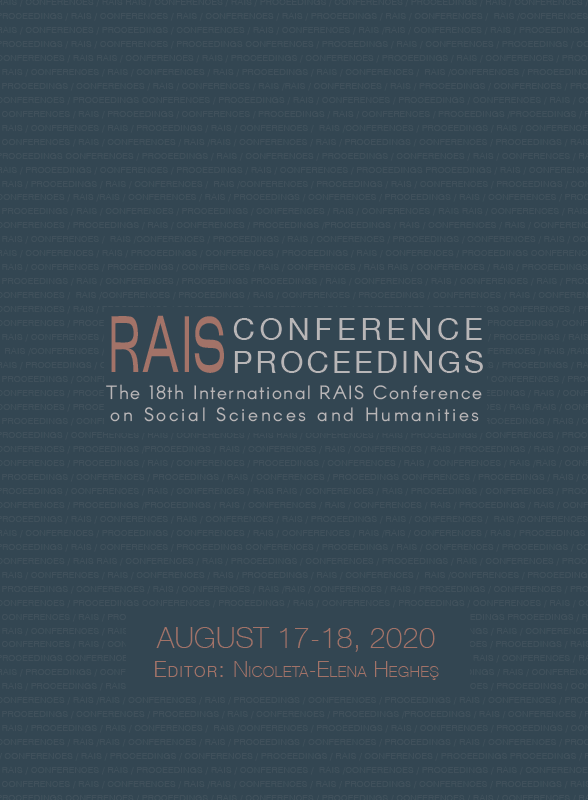COVID-19-Shock:Considerations on Socio-Technological, Legal, Corporate, Economic and Governance Changes and Trends
COVID-19-Shock:Considerations on Socio-Technological, Legal, Corporate, Economic and Governance Changes and Trends
Author(s): Julia M. Puaschunder, Martin Gelter, Siegfried Sharma
Subject(s): Civil Law, Economic development
Published by: Scientia Moralitas Research Institute
Keywords: Access to healthcare; Artificial Intelligence (AI); Behavioral economics; Behavioral insights;
Summary/Abstract: : This article tries to grasp our contemporary Zeitgeist to serve as historic landmark how pandemics can influence the individual decision making, the social compound, national order, economic structures and the larger-scale international compound. The ongoing COVID-19 crisis accounts for one of the most unpredicted economic disruptions in the history of humankind. Little would we all have expected how our lives have changed since the outbreak of the pandemic if we consider the deep impact the novel Coronavirus has on all our lives, the legal, economic and political spheres. Featuring national policy strategies to cope with the pandemic grants insights about precautionary and reactionary governance during health crises balancing between medical, economic and social well-being. Concurrent with an already ongoing digitalization trend, the COVID-19 pandemic implies widespread changes for individual decision makers in their adoption of technological assistance but also in giving up decision making to Artificial Intelligence (AI). Economic facets of collective learning processes during the crisis are outlined with a special emphasis on the currently ongoing digital disruption. As a widespread external shock to the world economy and legal order, COVID-19 affects corporate conduct profoundly. The legal implications and societal changes’ impetus on corporate conduct will be depicted in order to derive future corporate governance prospects. From an evolutionary dynamics market perspective, a trends prediction sheds light on what kind of firms are likely to fail, which ones may survive and which ones could thrive in the following years and decades to come. International differences in the handling of COVID-19 are highlighted in order to envision future global public healthcare. The recommendations address the importance of well-calibrated goals to cure our contemporary humankind and protect our future common world population.
Book: Proceedings of the 18th International RAIS Conference on Social Sciences and Humanities
- Page Range: 82-93
- Page Count: 12
- Publication Year: 2020
- Language: English
- Content File-PDF

